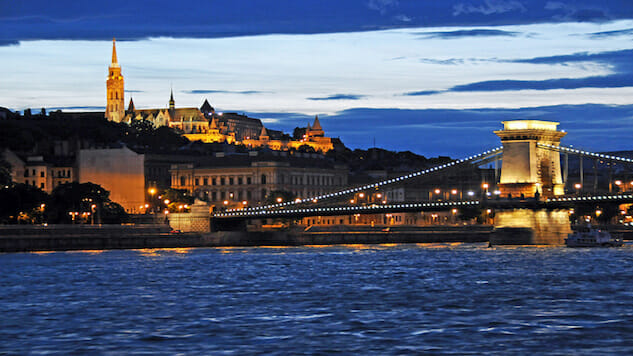Breakout Role: Hungary

Never thought of visiting Hungary? Well, you might be soon. In our Breakout Role series, we take a look at places that have seen huge increases in tourism in the last few years, and try to figure out what’s causing all the hype.
At the beginning of the century, Hungary was a tourism powerhouse. By some estimates, the country was the world’s twelfth most visited destination in 2001, and by 2004 more than 12 million international visitors were pouring into the Central European nation each year.
But in 2008, just four years after Hungary joined the European Union, the country’s ability to borrow in foreign currencies made it especially vulnerable to the global financial crisis. Tourism was forced to take a backseat, and the number of annual foreign tourists dropped off by the millions.
However, Hungarian tourism has bounced back in a major way. With nearly 16 million inbound tourists in 2015, the country has seemingly begun to exceed its pre-2008 numbers. As the nation’s international visitors grew by seven percent between September 2015 and September 2016, it doesn’t seem as though this positive trend is slowing down any time soon.
![]()
Lights
 Photo: Marcell Katona, CC-BY
Photo: Marcell Katona, CC-BY
Gabor Banfalvi, co-founder of Taste Hungary, a Hungarian food and wine tour company and The Tasting Table, a Budapest-based wine shop and tasting room, says some of Hungary’s success is rooted in its accessibility and affordability. According to Banfalvi, the country’s entry into the EU has made travel more convenient. This, combined, with a highly favorable exchange rate (glass of white wine costs, on average, barely more than a dollar) makes Hungary a formidably inexpensive option when planning a European vacation.
However, this growth isn’t necessarily being experienced on the same level everywhere. Budapest, the country’s capital and largest city, is by and large the primary destination that draws visitors to Hungary.
“When I say Hungary, I mean first and foremost Budapest, because in terms of tourists coming to Hungary it’s very Budapest-dominated,” says Laszlo Biro, managing director for Excalibur Tours Hungary, an incoming tourism company founded in Budapest in 1989.
Biro’s company offers group tours to a pretty diverse customer base, ranging from school trips to stag parties, but he says Budapest is almost always the main focus of international travellers. He isn’t wrong either—62 percent of all nights spent in Hungary by international tourists in 2015 were spent in Budapest, and about 75% of all spending on accommodations took place in the capital as well.
-

-

-

-

-

-

-

-

-

-

-

-

-

-

-

-

-

-

-

-

-

-

-

-

-

-

-

-

-

-

-

-

-

-

-

-

-

-

-

-

 Photo:
Photo:  Photo:
Photo: 






































